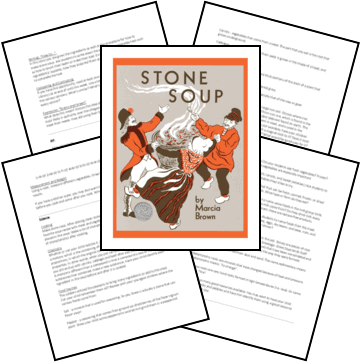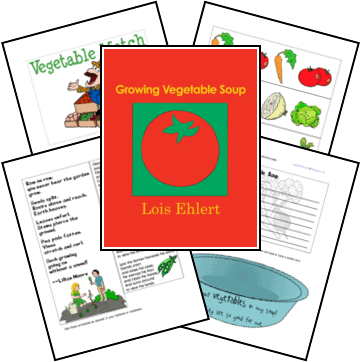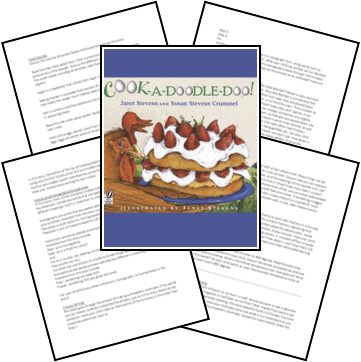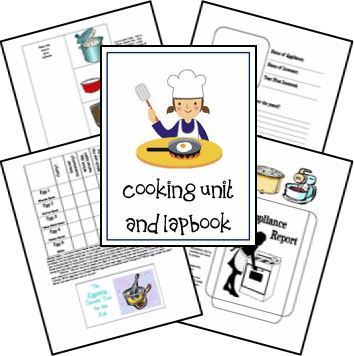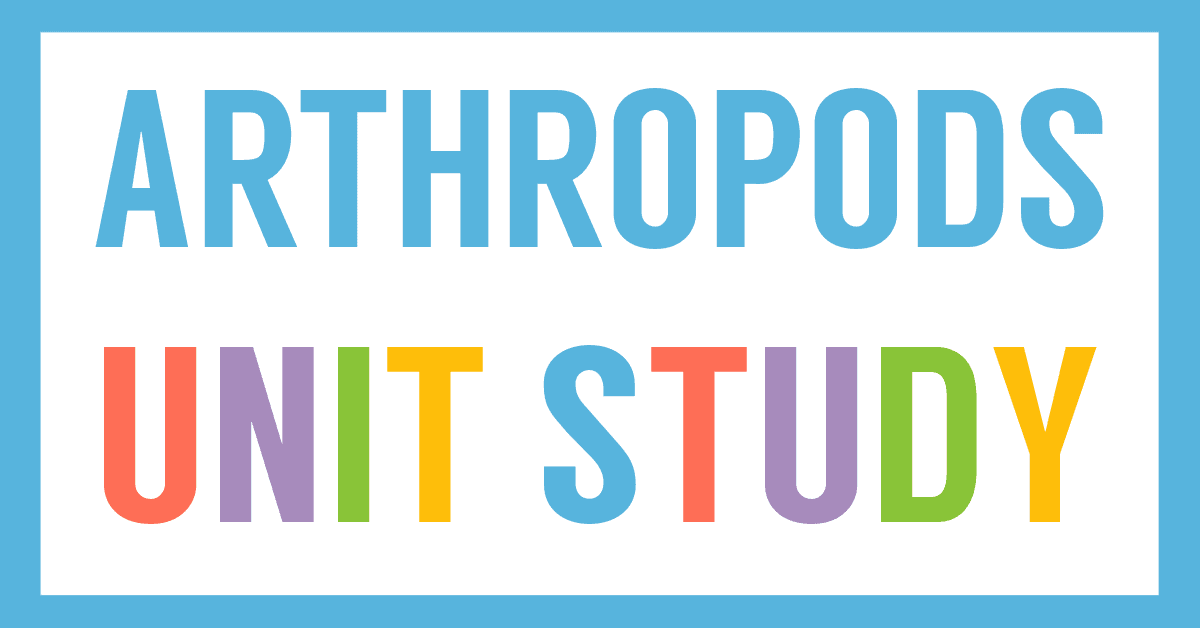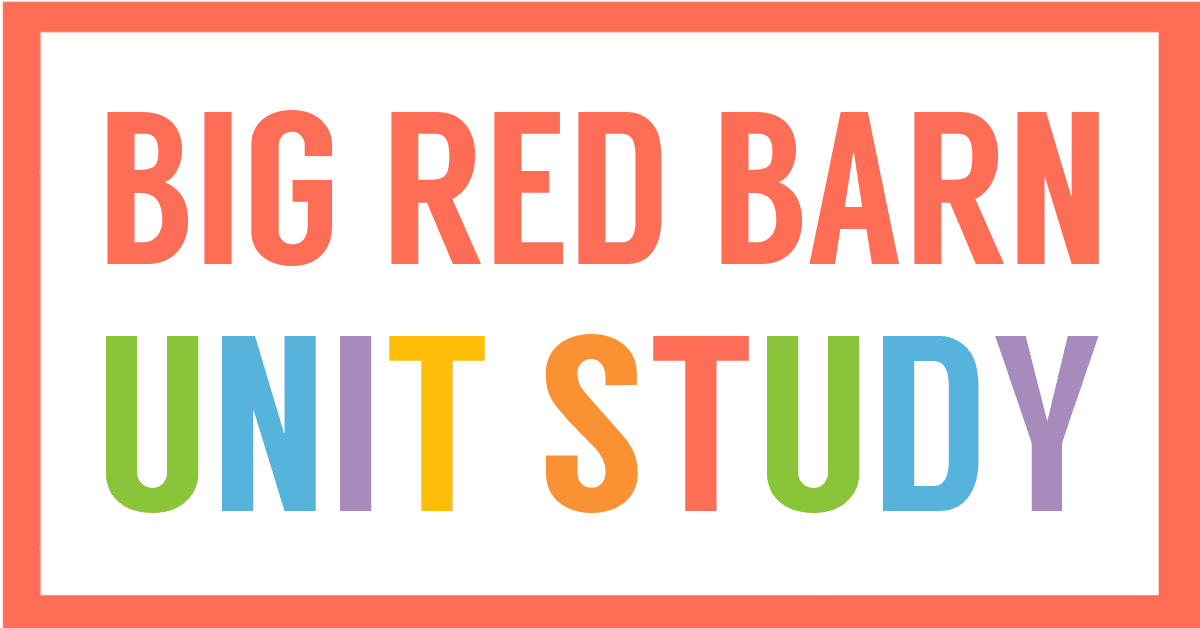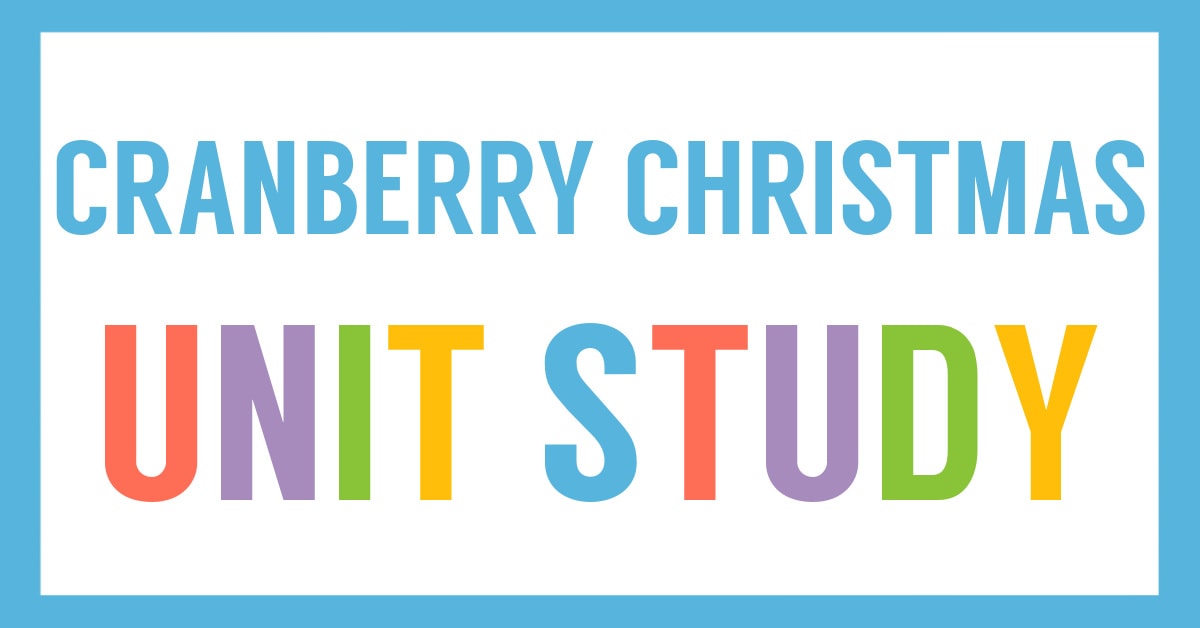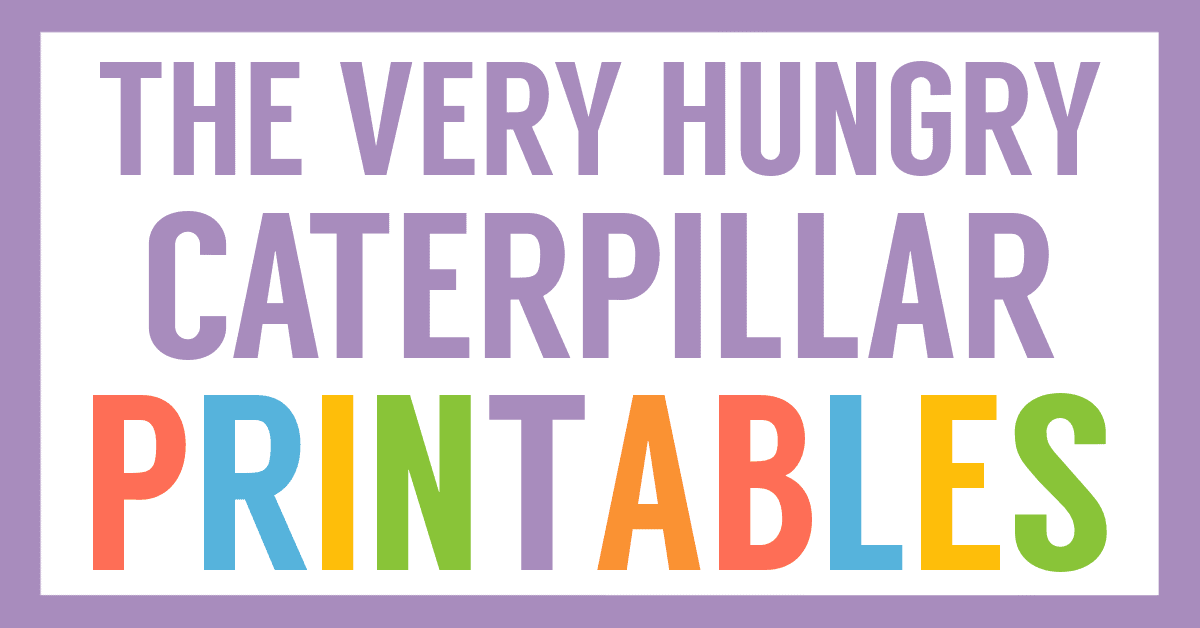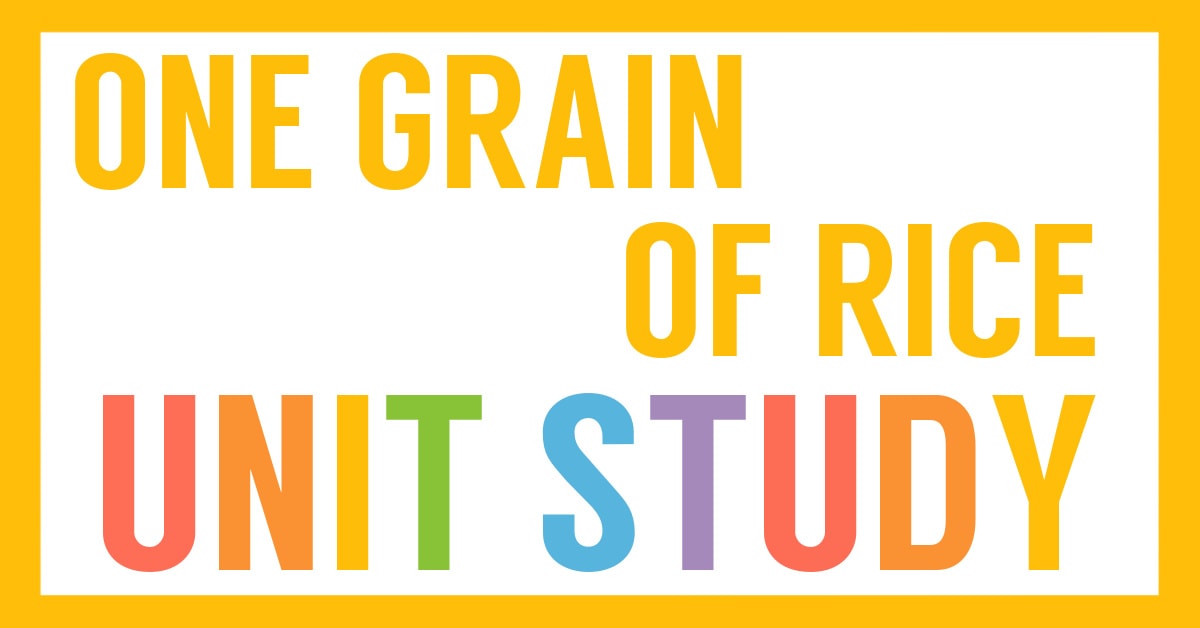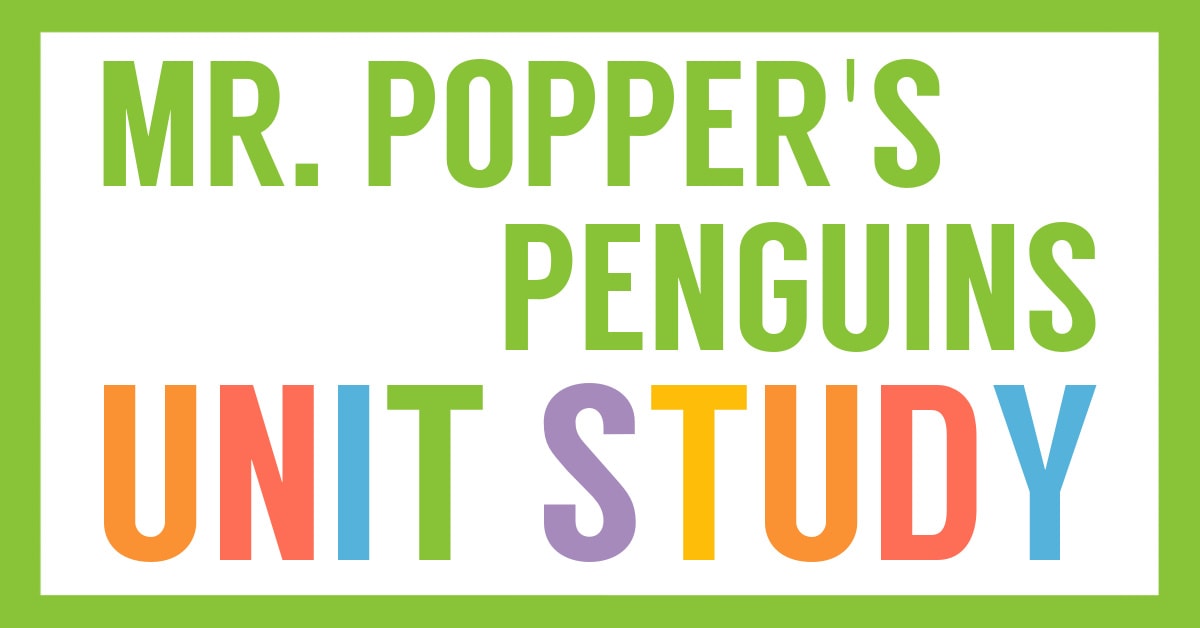Affiliate Disclaimer
We sometimes use affiliate links in our content. This won’t cost you anything, but it helps us to keep the site running. Thanks for your support.
Are you looking for Stone Soup activities and lessons for your students? Grab our free unit study and have fun exploring this story with your students.
This story, about three hungry soldiers who outwit the greedy inhabitants of a village into providing them with a feast, is based on an old French tale.
from Stone Soup at amazon.com
This timeless tale is the basis for lessons on France, folktales, measurement, food sources, chemistry, and more! Grab our free Stone Soup unit study and enjoy all this story has to offer.
Thanks to Wende for preparing this Stone Soup unit study.
Stone Soup Activities & Lessons
This unit study includes lessons and activities based on the book Stone Soup.
Here is a sample of the lessons found in this Stone Soup unit study:
Genre: Folktales
Stories that are told rather than read; they are passed down from one generation to another generation. Maybe your child has played “Whisper Down the Lane” before. If not, play this game to demonstrate how a story can change, sometimes only slightly and sometimes not, as it is told and retold again. As folktales are passed down, the stories take on characteristics of the time and place in which they are told, as well as the personality of the person telling the tale. Here are some common characteristics of folktales. Which characteristics do you find in Stone Soup?
Use this list to explore other folktales.
- Universal and timeless themes or morals, such as sharing, compassion, being gullible, etc.
- They speak to our need to understand and make sense of our existence (such as tales about creation)
- About the common person, something anyone rich or poor could relate to.
- Supernatural elements that may include magic, witches, wizards, dragons and/or other mythical creatures
Language Arts: Listening Skills
Folktales are stories from long ago, before books were common. They were designed to be listened to again and again. Use your reading of Stone Soup as an opportunity to develop your child’s listening skills. After reading Stone Soup for the first time, have your child narrate back to you the story in his own words. See if his narration answers all the who, what, when, where, why, and how questions. Have him narrate again after reading the story a few times and look for improvement.
Math: Measurement and Weight
Using a ruler, measure different vegetables. Draw the vegetable and record the results.
If you have a kitchen scale, you may also want to weigh your veggies. Weigh some before you cook and some after you cook. Which weighs more? Why?
To access all of the lessons in this unit study, grab an easy-to-print file at the end of this post.
How to Get Started with the Stone Soup Unit Study
Follow these simple instructions to get started with the Stone Soup unit study:
- Buy a copy of the book, Stone Soup, or borrow one from your local library.
- Print the Stone Soup unit study.
- Choose the lessons you want to use with your student (a highlighter works great for this).
- Enjoy a week of book-based learning with your student.
Download Your Free Stone Soup Activities and Lessons
Simply click on the image below to grab your free Stone Soup unit study.
More Cooking Related Resources
Would you like to extend your study? Try some of these resources:

